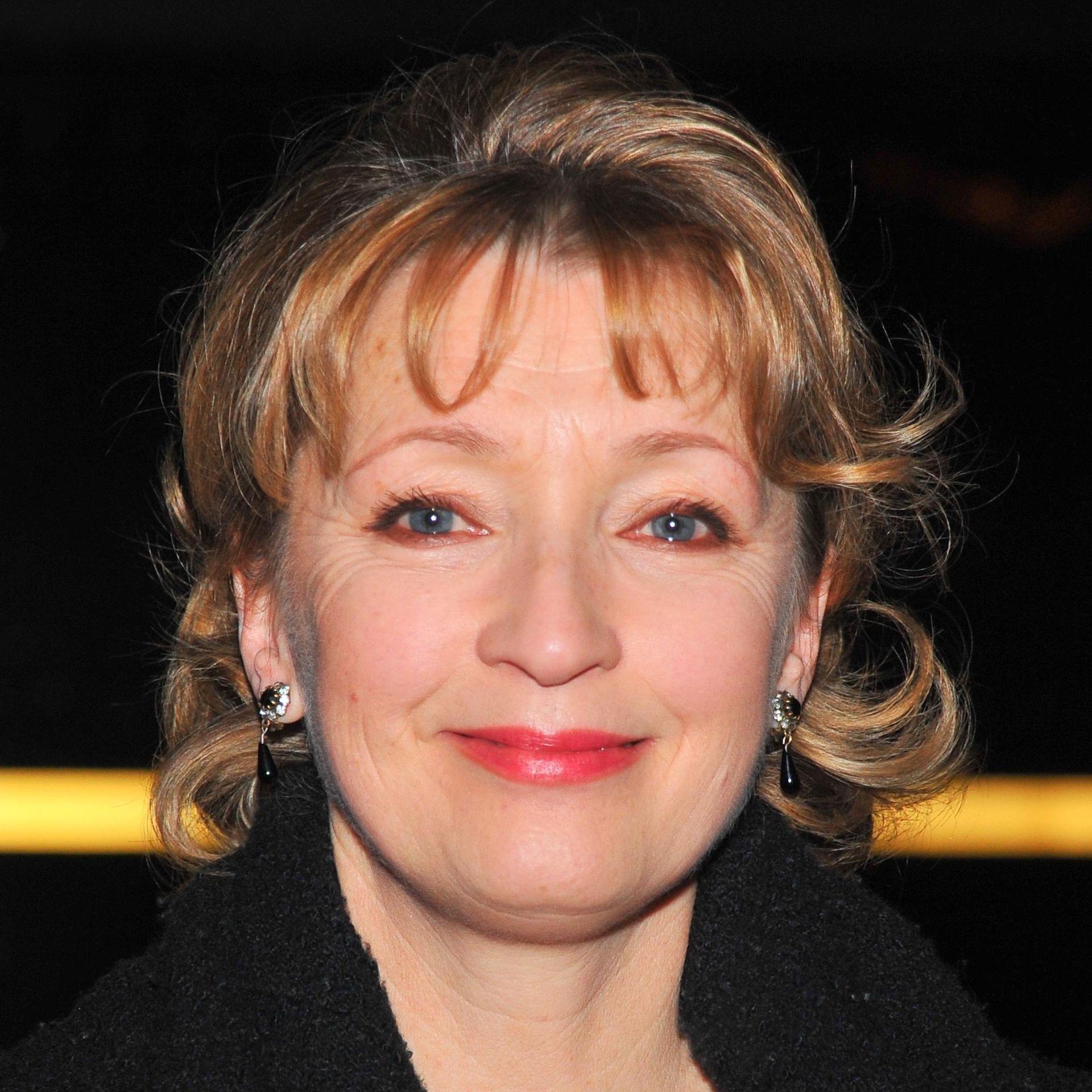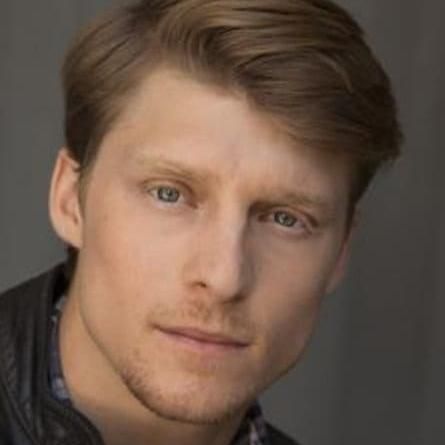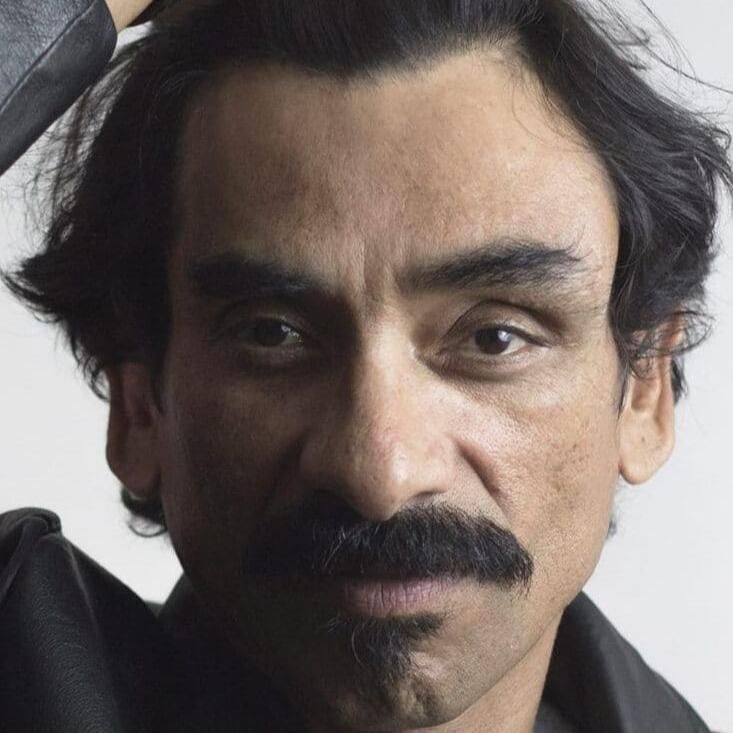

Queer
Directed by Luca GuadagninoLee (Daniel Craig), a solitary American in Mexico City, falls for a beautiful, elusive former soldier (Drew Starkey). Journeying together into the jungle, Lee sees, for the first time, the possibility of an intimate and infinite love.
Queer Ratings & Reviews
- Michael HeimgartnerOctober 1, 2025A Fever Dream Without Direction Luca Guadagnino is a filmmaker I deeply admire. His style is unmistakable, rich in visual poetry and emotional nuance. But Queer is, sadly, his weakest film to date. While it begins with a certain structure and intrigue, it quickly descends into a meandering, unfocused fever dream that left me emotionally detached and, frankly, bored. Daniel Craig deserves real credit here. He fully commits and proves he can do far more than his Bond persona ever allowed. His portrayal is brave and layered and it’s perhaps the film’s most compelling element. That said, his character, like most in the film, remains frustratingly opaque. We learn very little about him beyond his dependence on sex and opiates. The younger love interest, who should carry significant emotional weight, is similarly underwritten and lacks any real depth or development. Visually, the film is stunning. There’s no denying Guadagnino’s talent as a stylist. Mexico City is transformed into a place that feels suspended between reality and dream with heat-soaked colors, saturated textures and an atmosphere that borders on the hypnotic. The occasional use of miniatures and stylized set pieces feel like loving nods to the cinema of the 1950s, grounding the film in its period while simultaneously lifting it into the surreal. I genuinely felt the weight of the heat, the sweat, the slow unraveling of sanity. This is Guadagnino at his most tactile. Yet despite this beauty the film just doesn’t work for me. Scenes drag far too long and often lead nowhere. Dialogue becomes repetitive and the narrative loses any sense of urgency or direction. Artistic flourishes can only carry a film so far if there’s no emotional spine to hold onto. And that’s the biggest problem: the story feels hollow. There’s very little to connect to and the characters remain distant as if trapped in their own stylistic cages. I’m sure Queer will find its audience. It’s undeniably bold and unafraid to linger on the messy uncomfortable aspects of desire and dependency. It’s also visually accomplished and occasionally hypnotic. But for me it felt like a series of beautifully filmed ideas that never quite congealed into a compelling whole. I respect the attempt. I admire the craft. But the experience left me cold.
- Austin EscotoJuly 27, 2025Setting the scene (first half) I feel a bit too redundant but over all a good movie.
- MunaMarch 29, 2025Superb 😭
- cultfilmlikerMarch 11, 2025Luca and Trent & Atticus were really feeling Nirvana for this, huh. I get it - Daniel Craig is trying to be Kurt Cobain transgressive but it’s not quite working. But his performance is reserved and great, nothing unusual for him. Probably deserved an Oscar nod over Timmy imo. Loved Schwartzman and his character. Sluggish first act but some cool visuals for longing and discontent that continued throughout the film. But I could not get over Craig’s infatuation with The World’s Most Uninteresting Man™️. Starkey is fine in the role and I get the ~mysterious ambiguity~ but what a bore of a character. I’m mad that it is affecting how I feel about the film lmao plus the third act was…campy? I don’t even know. Doesn’t matter! Enjoyed it! The authentic drug use scene was exquisitely done. Entire film was beautiful as usual for Luca. Some great direction! Was literally just thinking about how tough it would be to be an intravenous drug user traveling internationally lol if we didn’t have access to pills, I think this movie would have shook Midwest suburban dads.
- Oʂɯαʅԃσ RσყҽƚƚMarch 9, 2025Queer presents male desire as universal across ages and continents, staging a drama that is not only contemporary or modern, but classical, primordial.
- ርልዪረMarch 5, 2025I found Queer to be a deeply unsettling and ultimately disappointing exploration of the gay experience. The narrative is grotesque and devoid of the meaningful connection or depth one would hope to see in a story reflecting queer identity. None of the characters are relatable or worth rooting for, and the dynamics between them feel forced and artificial. Eugene’s involvement in the journey feels coercive rather than consensual. There’s no real emotional connection present, especially when the interactions are drug-induced. This culminates in Eugene’s predictable escape from Lee, underscoring a relationship built on instability and desperation. Lee’s fate—dying alone in a hotel room as an old man who never evolved or found fulfillment—feels tragically stagnant and devoid of hope. The film’s heavy focus on drugs, particularly ayahuasca, is problematic. Instead of offering any form of enlightenment, the drug themes only reinforce a spiritually immature narrative. The botanist is portrayed as a deranged and haggard figure, isolated and irrational. The fact that someone in such a state, facilitates Lee and Eugene’s ayahuasca experience only further highlights how sad Lee’s efforts for connection are. If the film is making a statement about the futility of using ayahuasca for enlightenment, it succeeds. Even the setting and events feel tedious and contrived. The meeting at a cockfight is a cliché metaphor, so obvious that it loses any power it might have had. The imagery throughout the film is grotesque for the sake of being grotesque, contributing nothing to a meaningful or hopeful queer narrative. Rather than exploring themes of light, love, or human connection, the film portrays queer men as primal, lonely, and emotionally vacant—a harmful and outdated stereotype. Additionally, the reference to William S. Burroughs’ real-life tragedy—shooting his wife—casts a shadow over the film’s narrative. It’s a grim reminder of Burroughs’ chaotic personal life, which seeps into the film and further taints its themes. The darkness of this unresolved trauma permeates the film, making it feel more like an exercise in despair than a work of art. The connection to the occult, which Burroughs admired, adds another layer of unease. Burroughs was a prominent of Chaos magick, which can be dangerous, and the references to the occult imagery as a vehicle for the films poorly lacking themes only add to the film’s nihilism and a sense of spiritual decay. In the end, Queer offers no redeeming qualities. It fails to represent anything uplifting or insightful about the queer experience. Instead, it delivers a narrative that is bleak, disconnected, and ultimately a disservice to queer storytelling and the occult alike. ***props to the musical scoring and art direction/design. That part was great***
- MichielFebruary 15, 2025Though I loved 'Call me by your name', and definitely love Daniel Craig in a lot of movies this one is different and not in a good way. It actually took me quite some time to finish it, for me it felt it took way to long and at times lost my interest completely. The way they tell the story and use metaphors for a lot of things, just didnt do it for me with this movie. Some parts of the story are to long and boring imo and just dont grab me the way they should. And a lot of times it feels a bit weird, strange or a bit to typical. The good thing about this is the performance of Daniel Craig and Drew Starkey.
- Ashley JarvisFebruary 8, 2025It started okay, got better, then went completely weird. Probably wouldn’t watch again and but happy to say I’ve seen it.

















